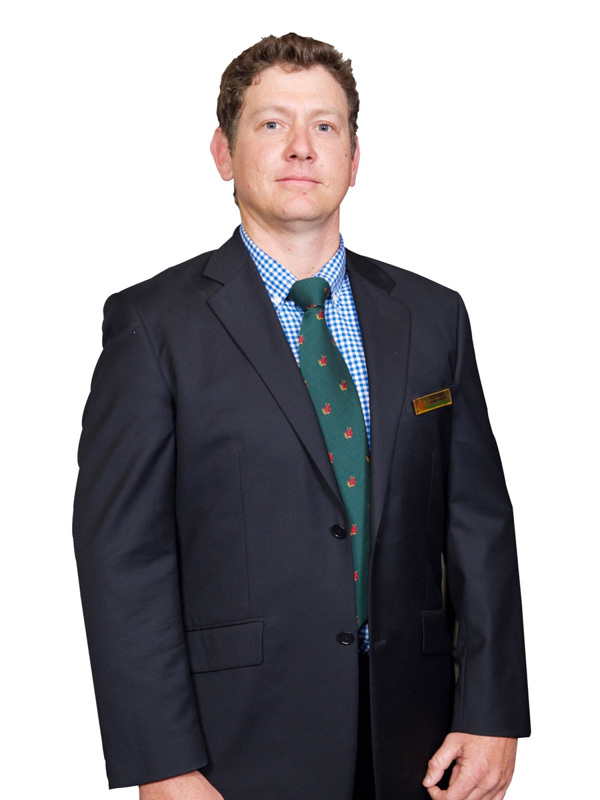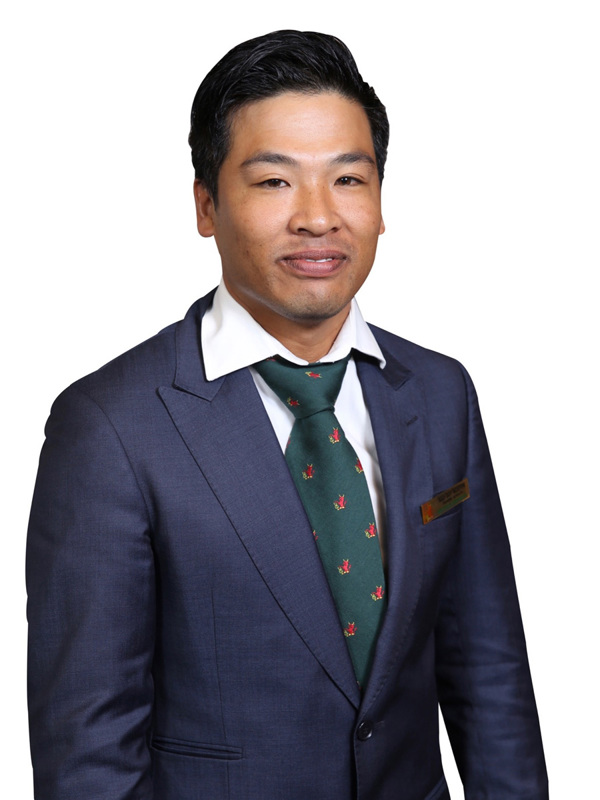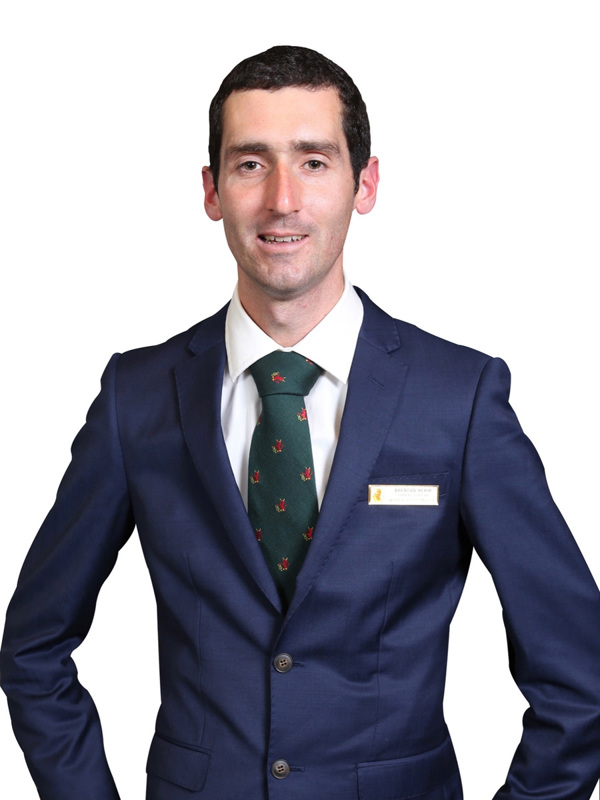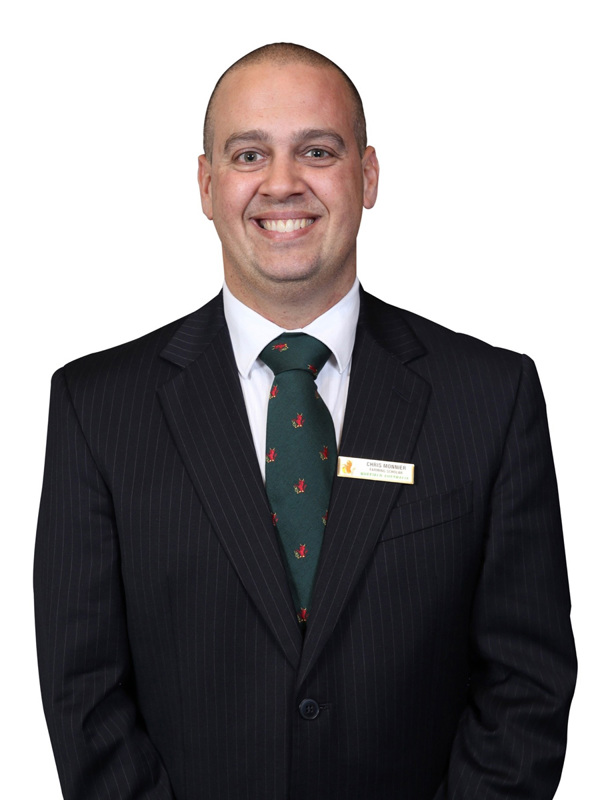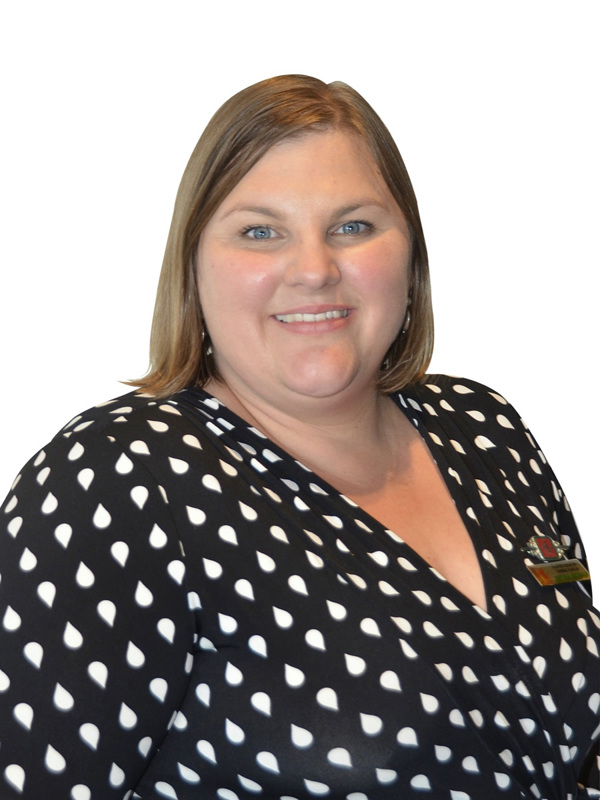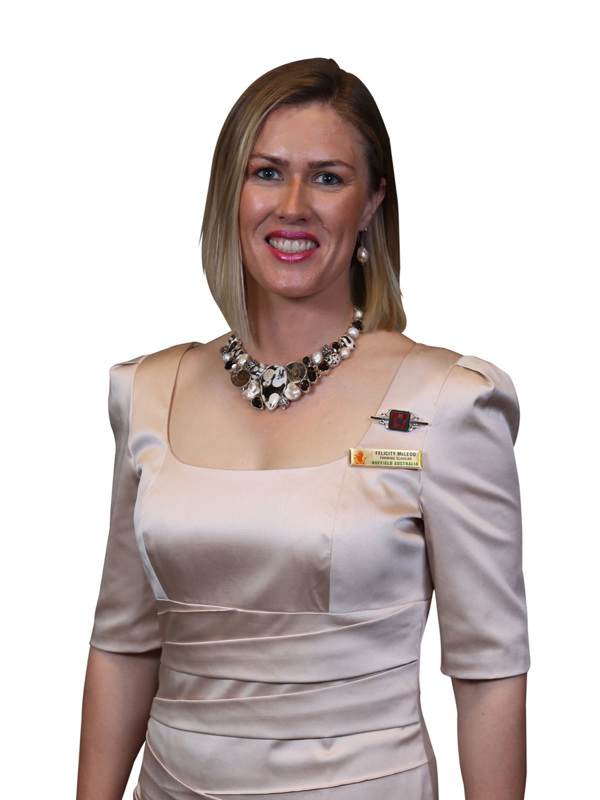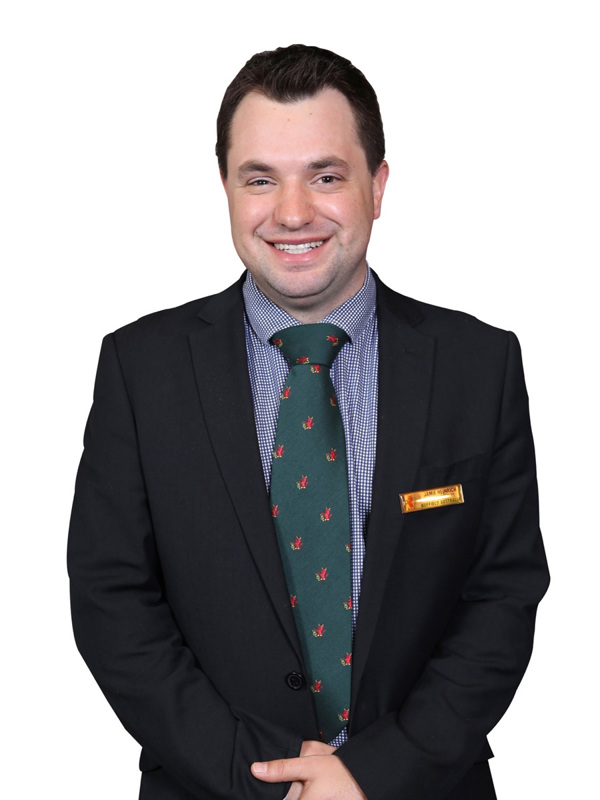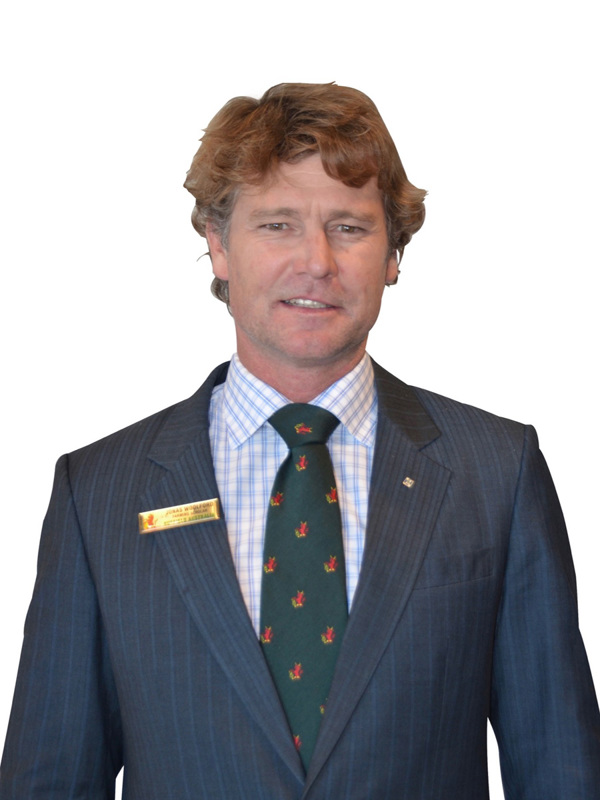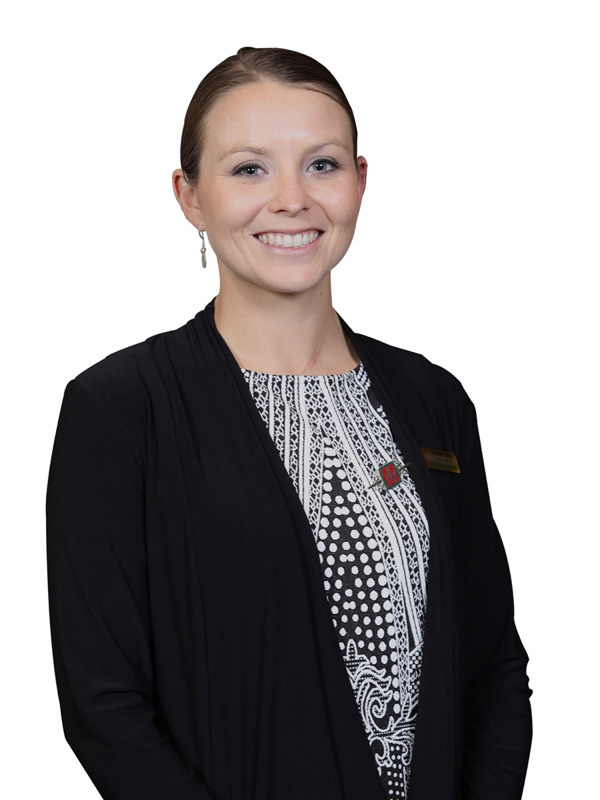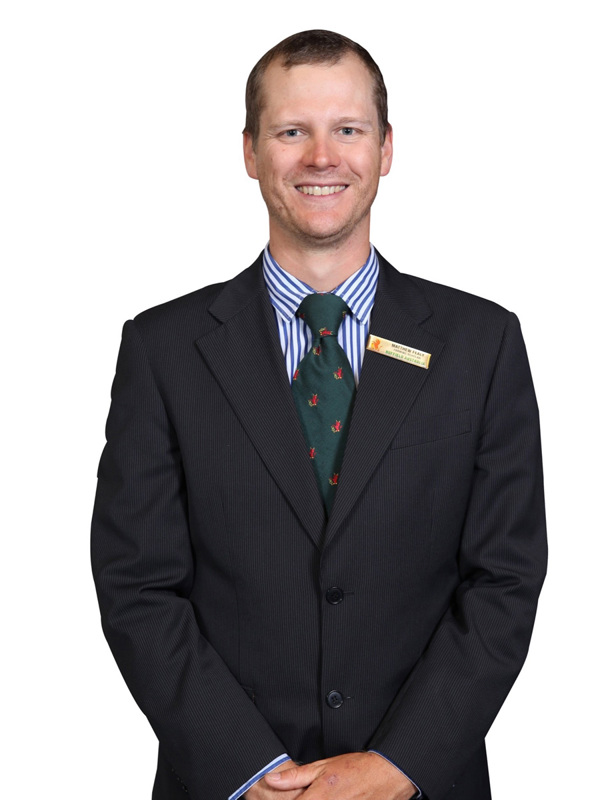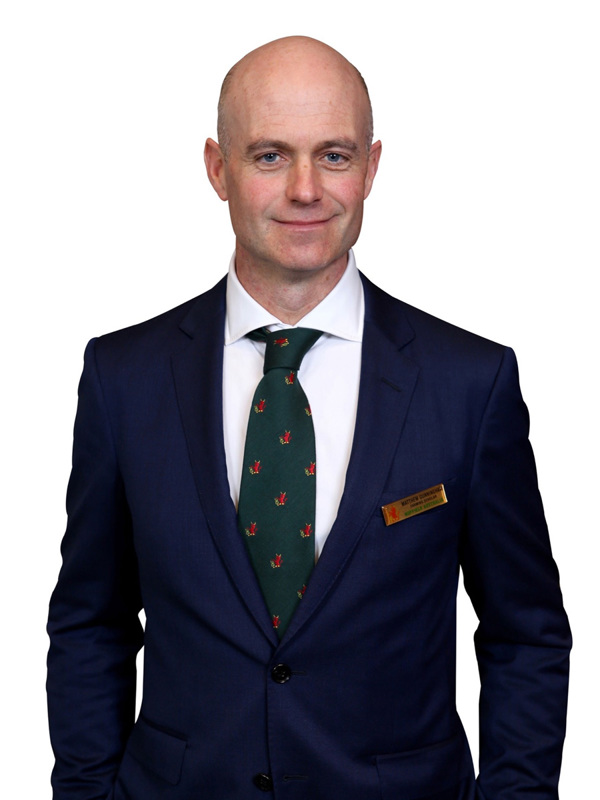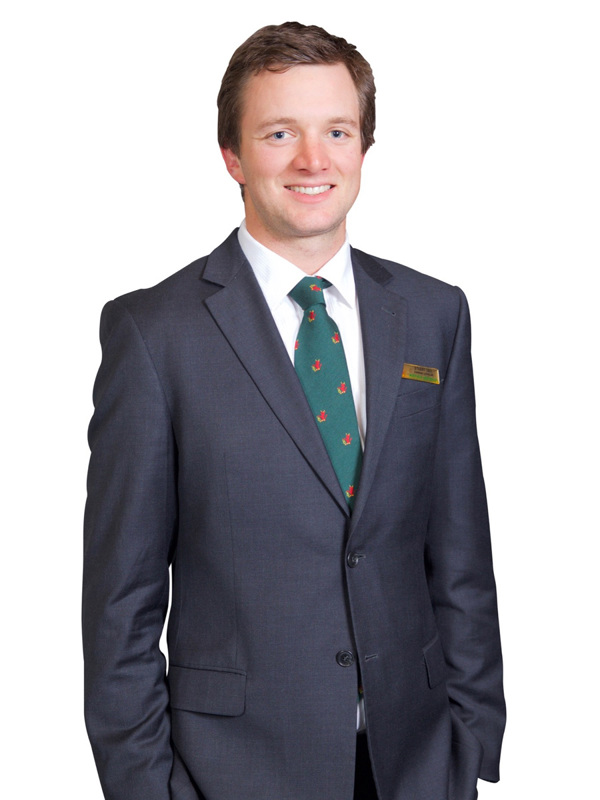
Toby Bekkers
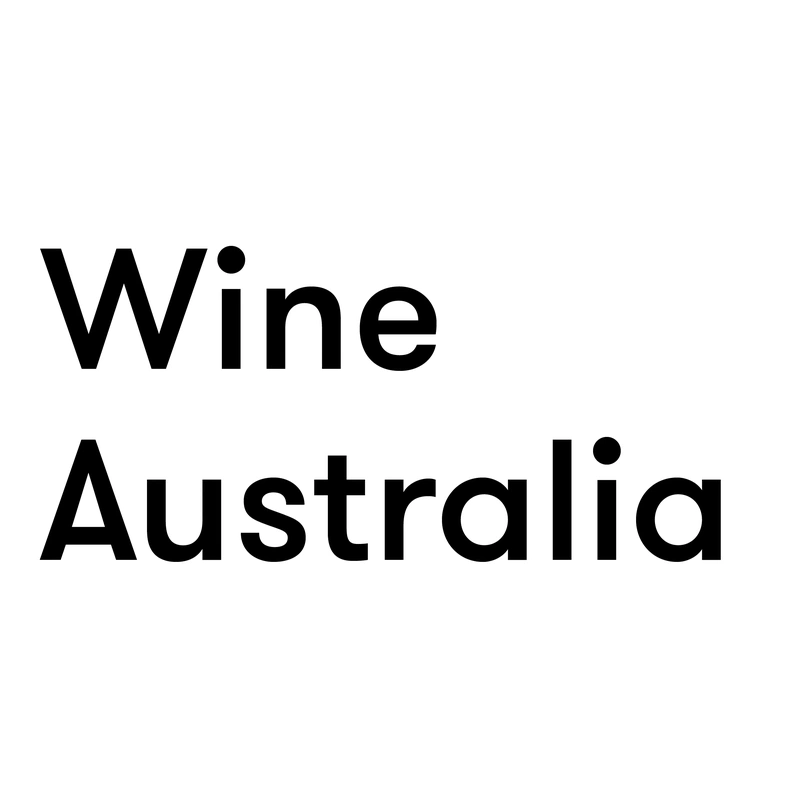
Nuffield Australia 2017 Scholar
Luxury brand lessons for small Australian wine producers
Despite being skilled at turning Australia’s abundant natural capital into high quality wine, our small winemaking industry has been less successful at inspiring the customer to pay a premium that reflects the quality of that wine.
Mr Bekkers and his wife run Bekkers Wine in McLaren Vale, and he is convinced that Australia’s small winemakers could do more to position their fine wines alongside the best in the world. Having been fascinated with the psychology and strategy behind prestige brands for many years, Mr Bekkers was motivated to use his Nuffield Scholarship to research the techniques and concepts that these brands use to drive their price premiums.
“Fine wine is a discretionary purchase and while many small wine producers will not, and don’t aspire to, become true luxury brands, there is surely something to be gained by understanding luxury brand strategy and the associated approach to customer engagement,” Mr Bekkers said.
Researching and interviewing international luxury brand representatives from a range of industries around the world, including fashion, jewellery, thoroughbred bloodstock, pearls and fine art, Mr Bekkers unearthed the fact that most of these brands had three things in common. They understand their unique brand identity, they work to understand their customers’ emotional drivers and desires, and they are master storytellers.
“These brands engage with a consumer group that leans toward their unique attributes, rather than tailoring the product to a particular demographic. I’m not suggesting that they ignore the customer, but they focus on clues to their emotional needs and align communications accordingly. I came across a perfect example of this at Krug Champagne in Reims, France. At Krug, a training manager told me that very clearly that they have their own brand identity, and the customer gravitates toward them.”
Mr Bekkers’ travels to Cambridge Thoroughbred Stud in New Zealand illustrated the power that storytelling has to propel a brand and reputation.
“Cambridge’s founder is a consummate storyteller. The brand’s ancestry is full of anecdotes of early setbacks, significant horses, stable fires and visits from the Royal Family. These stories have become a part of the Cambridge legend, all reinforced by books, films and media articles. Ultimately, they feed into what is the most powerful marketing tool of all: reputation and word of mouth,” he said.
For Australian winemakers, a shift from production-centric communication to framing marketing strategies based on improved engagement with emotional triggers to influence behaviour will be key to achieving a price premium.
“By being more attentive to the three elements of storytelling, brand identity and customer’s emotional drivers, small winemakers may find success in persuading customers to value their wine more highly. Small winemakers should focus at least as much of their energy on marketing and communications as they do on production. The most successful brands of all categories are likely to be those who recognise the importance of this and take steps to resource those components of their business.
“There is no ‘silver bullet’ to success, and often simple techniques applied with discipline appear to be the basis for many of the achievements enjoyed by luxury brands around the world. The future for the small wine industry is bright, and I am more convinced than ever of the opportunities offered by Australia’s land and climate to produce fine wines that can stand proud alongside the best the world can offer.”
